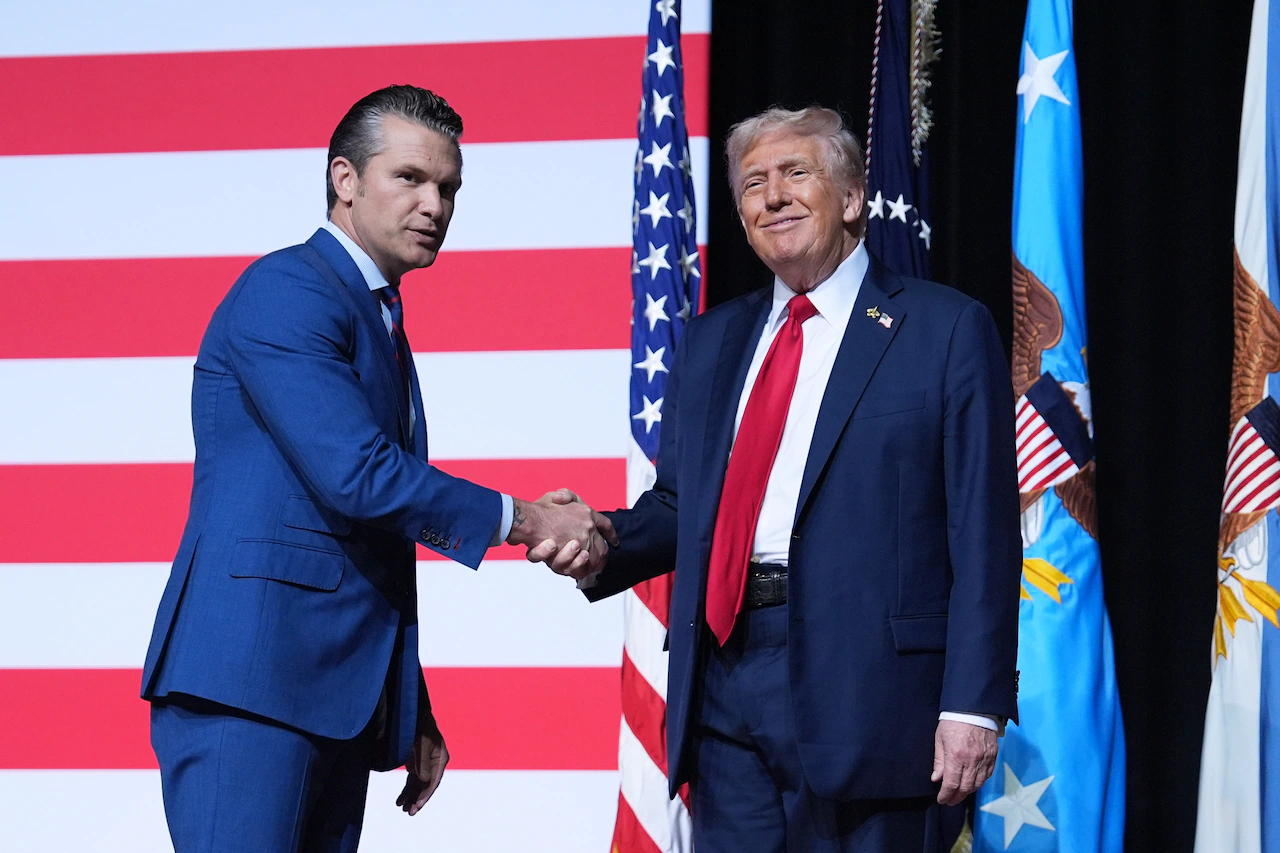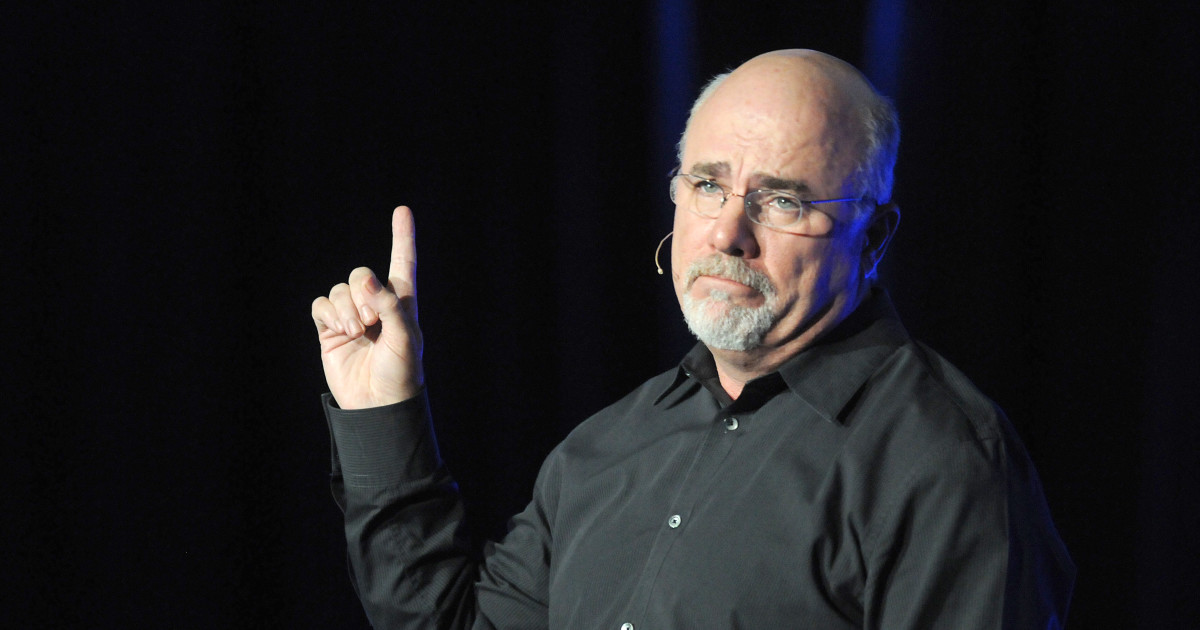Trump wants US military to address crime in ‘dangerous’ US cities, calls it an ‘invasion from within’

In a lengthy address to senior military leadership, President Donald Trump celebrated his administration’s achievements, focusing on rebuilding the military and promoting an “America First” policy.
Trump highlighted the renaming of the Department of Defense to the Department of War – a symbolic move that has not yet been approved by Congress – as well as increases in military enlistment and policy changes that Trump described as a commitment to a merit-based system over “political correctness.”
Trump also discussed his foreign policy successes, claiming to have settled numerous international conflicts, and outlined his intention to use the military to address domestic issues like crime in major cities, which he described as an “invasion from within.”
The call to use American cities as a “training ground” for the U.S. military came just days after the president called for troops to be sent to Portland and authorized them to use “full force” against protesters.
Oregon Gov. Tina Kotek, Portland Mayor Keith Wilson and other Oregon politicians have publicly told the president that such a move is unnecessary to deal with the small, ongoing and largely peaceful protests outside the ICE facility on Portland’s south waterfront.
Trump was joined by Defense Secretary Pete Hegseth, who declared an end to “woke” culture and announced new directives for troops that include “gender-neutral” or “male-level” standards for physical fitness, and claimed the military had too many “fat generals.”
Hegseth called hundreds of military leaders and their top advisers from around the world to the Marine Corps base in Quantico without publicly revealing the reason. His address largely focused on his own long-used talking points that painted a picture of a military that has been hamstrung by “woke” policies, and he said military leaders should “do the honorable thing and resign” if they don’t like his new approach.
Though meetings between military brass and civilian leaders are nothing new, this gathering had fueled intense speculation about its purpose given the haste with which it was called and the mystery surrounding it. The fact that admirals and generals from conflict zones were summoned for a lecture on race and gender in the military showed the extent to which the country’s culture wars have become a front-and-center agenda item for Hegseth’s Pentagon, even at a time of broad national security concerns across the globe.
Sen. Jack Reed, the top Democrat on the Senate Armed Services Committee, called the meeting “an expensive, dangerous dereliction of leadership” by the Trump administration.
“Even more troubling was Mr. Hegseth’s ultimatum to America’s senior officers: conform to his political worldview or step aside,” Reed said in a statement. ”That demand is profoundly dangerous. It signals that partisan loyalty matters more than capability, judgment, or service to the Constitution, undermining the principle of a professional, nonpartisan military.”



